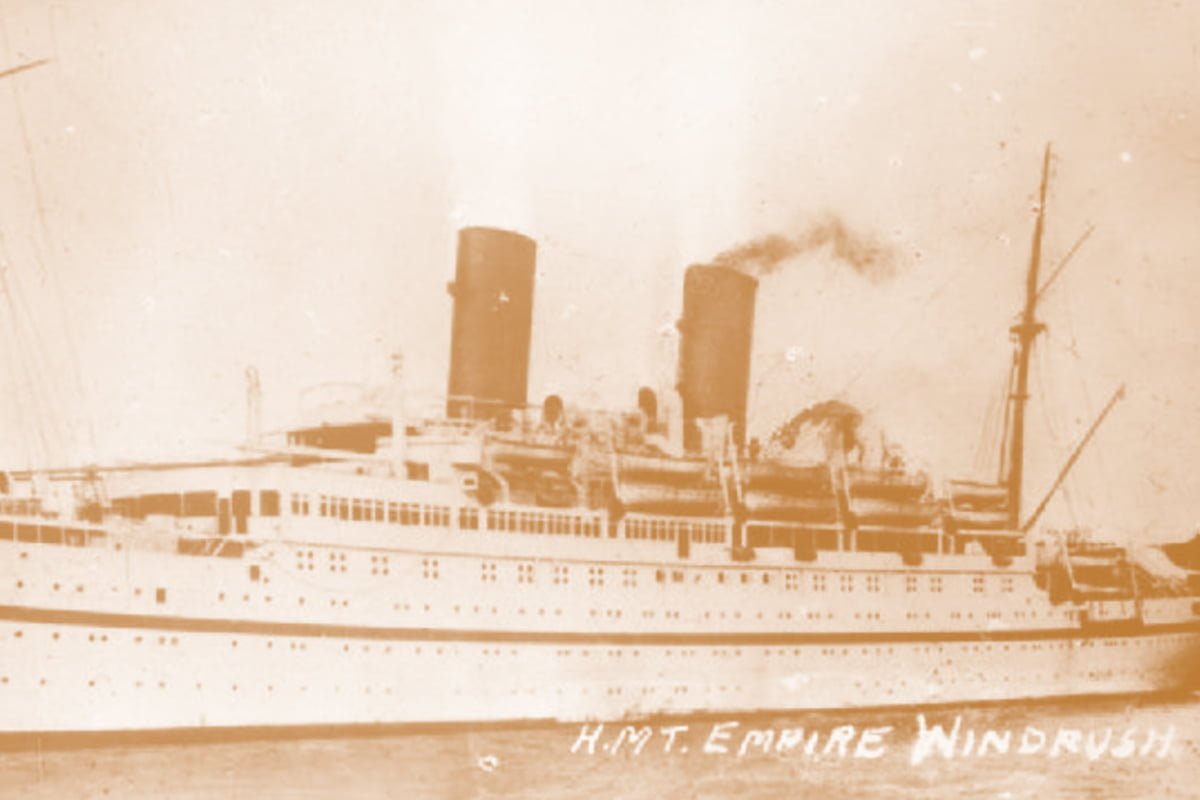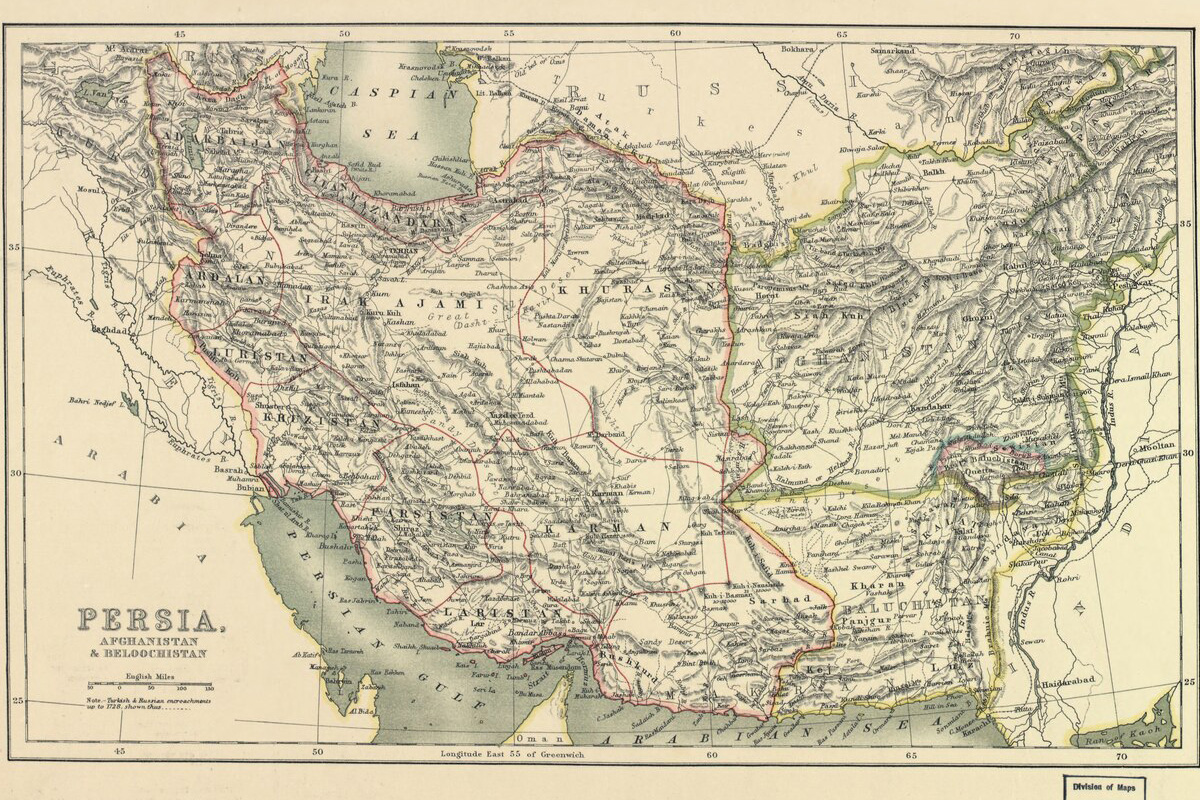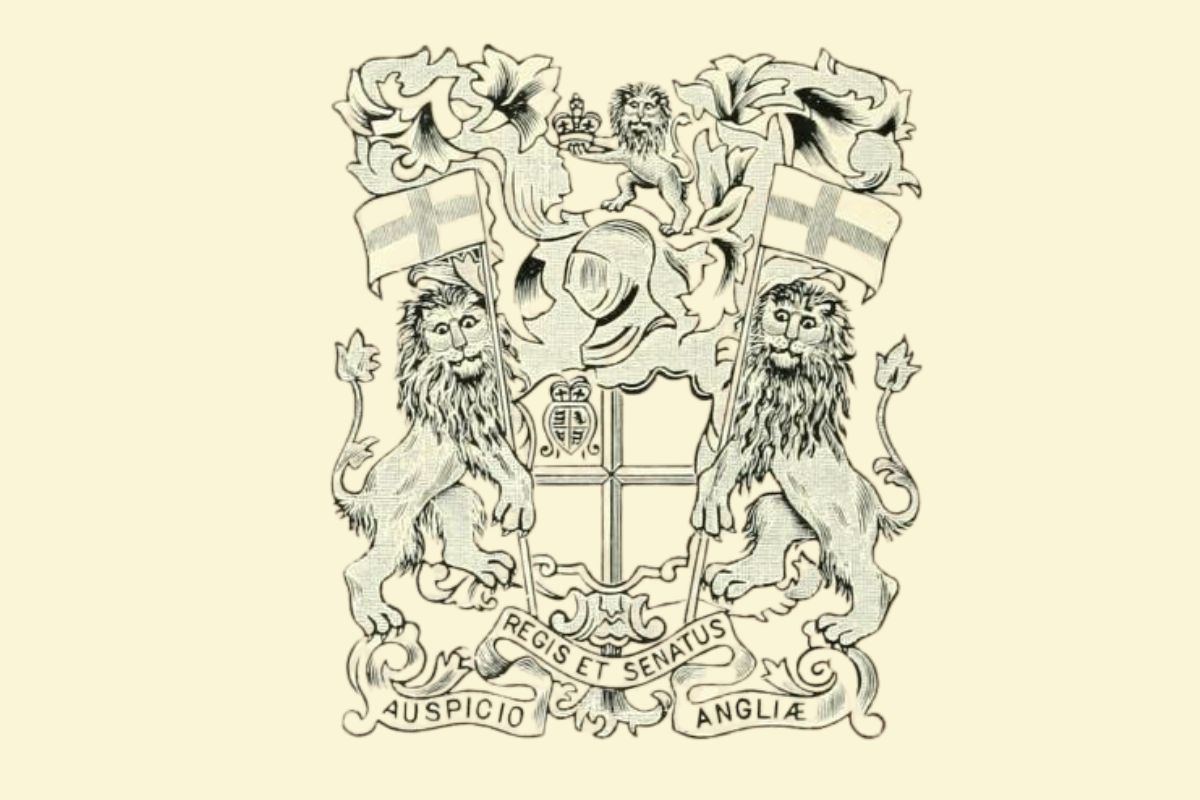On 22 June 1948, HMT Empire Windrush docked at the Port of Tilbury, London, with 1,027 passengers. On board were ex-service personnel returning to Britain and West Indians seeking better prospects in the ‘Mother Country’.
Over the next 25 years, West Indian immigrants travelling to Britain would come to be known as the Windrush Generation.
The ancestors of those who were sent in chains to the Caribbean in the 18th century were now to cash in their promissory note from the British ruling class: the freedom of movement throughout the Commonwealth, and the right to work and settle in the metropole.
As the last 75 years have attested, however, this was far from plain sailing. Racism and discrimination run like a thread through the lives of those who initially docked in London, to their descendants today.
The divide-and-rule playbook wielded by the British ruling class cast a long shadow over the lives of those that rebuilt Britain in the wake of the war.
Pyrrhic victory
From India to South Africa, to Nigeria and the Caribbean: the largest volunteer force in history was enrolled to fight against the Axis nations in the Second World War. After the British ruling class burnt their fingers appeasing Hitler in the 1930s, they swelled their ranks for war by enlisting millions from the colonies.
Though Britain emerged victorious in 1945, this was a pyrrhic victory of sorts. The Empire – which had once ‘ruled the waves’ – was coming apart at the seams.
The loss of India dealt a colossal blow to the British imperialists. Radical movements surged forward, with emboldened calls for independence off the back of the sacrifice of the colonies during both world wars.
The war massively accelerated Britain’s decline into the position of second-rate power. Clutching onto the old Commonwealth, whilst making overtures to the colonial people, the British ruling class cynically tried to retain its significance on the world stage.
On the homefront, the situation was equally as dire. The deaths and destruction of the war led to a desperate need for labour to help rebuild the economy. Consequently, the postwar Labour government lifted immigration controls and passed the British Nationality Act of 1948.
This Act gave UK citizenship to people living in the Commonwealth, including the right of entry and settlement in Britain. It amounted to little more than going to the colonies, cap in hand, and asking them to rebuild the country that had looted their own.
Exploitation
The ‘lowering of the drawbridge’ to potentially millions of colonial subjects was the devil’s bargain that the British ruling class were forced to make. Once it became clear that it would not just be white workers from Australia, Canada, or New Zealand who would come to work, however, the ruling class began scheming as to how to play this to their advantage.
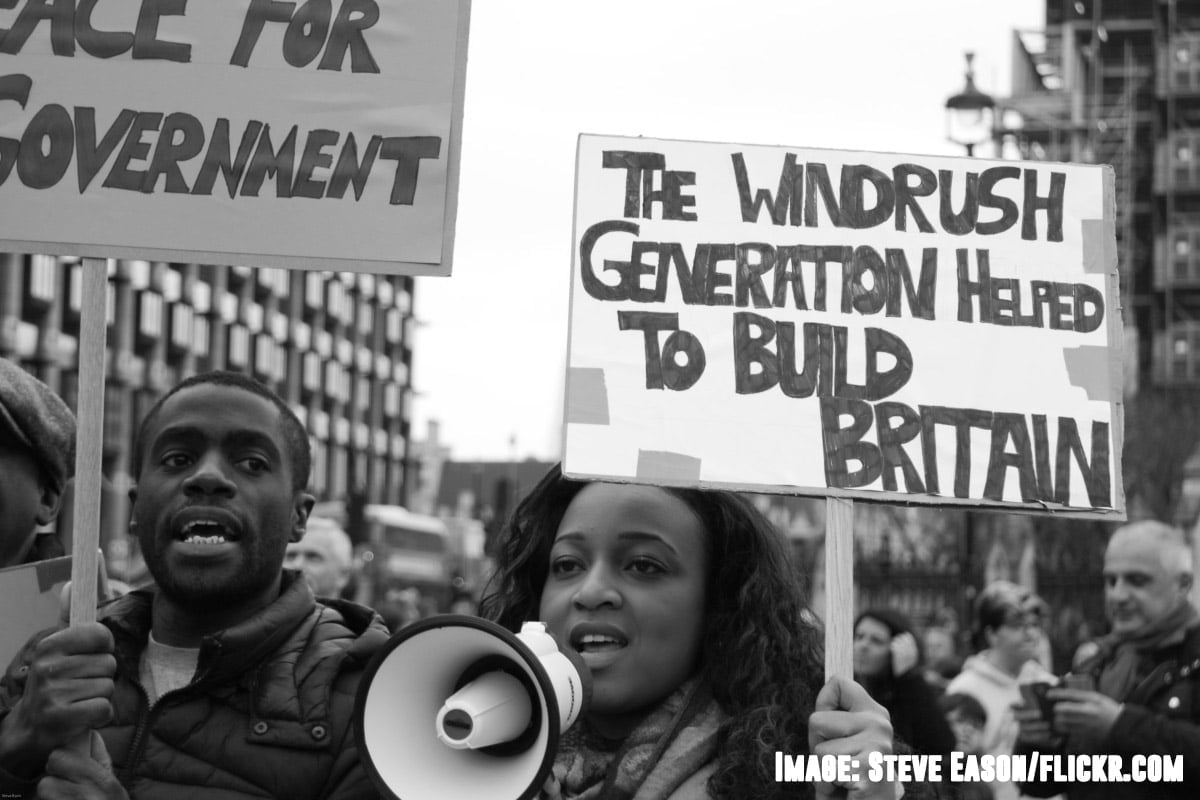
For the ruling class, this provided a super-exploitable source of labour. Some British businesses began actively – and sometimes exclusively – employing people from the West Indies. London Transport, for instance, would pay migrants from Barbados to make the trip here to work for them.
This was not simply limited to London. Migrants from the Commonwealth filled key positions in the recently established NHS, as well as in the textile industry across impoverished working-class cities.
Between 1948-71, around 500,000 workers travelled to Britain from Commonwealth countries. The budding optimism for life in Britain soon turned to dust, however, as this generation was plagued by poorly-paid precarious work and shut-in squalid housing.
The bosses were able to exploit these layers far more than was possible with ‘native’ workers. At the same time, by whipping up racism against Windrush migrants, the capitalists could ferment divisions within the working class as a whole, and push down wages across the board.
Racism
This was accompanied by a concerted campaign to fearmonger and scapegoat against predominantly black workers. Indeed, as this much-needed wave of migration came to a head, the bosses’ press wasted no effort in railing against the so-called ‘coloured problem’ and threat to ‘British values’.
Relying on racist caricatures from the days of the Empire, vitriolic attacks came crashing down on the heads of black workers. The British state released reports that spoke of the mentally ‘slow’ black working class, in order to justify the barbaric treatment of West Indies workers.
One Whitehall report spoke of the “irresponsibility, quarrelsomeness, and lack of discipline” of black workers, which fed into blaming all of society’s ills on foreigners.
This was seized upon by the representatives of the ruling class. In 1954, Winston Churchill candidly stated in a Cabinet meeting: “Problems will arise if many coloured people settle here. Are we to saddle ourselves with colour problems in UK?”
Subsequent election campaigns were run by the Tories on the abhorrent slogan of ‘If you want a n***** for a neighbour, vote Labour”.
An atmosphere of xenophobia and bigotry was whipped up for the ruling classes’ cynical and hypocritical ends, with serious repercussions.
There were frequent racist attacks and race riots against ethnic minorities in the 1950s and 60s. Discrimination in housing, work, and policing was the norm. In effect, the Windrush generation were treated as second-class citizens.
Fightback
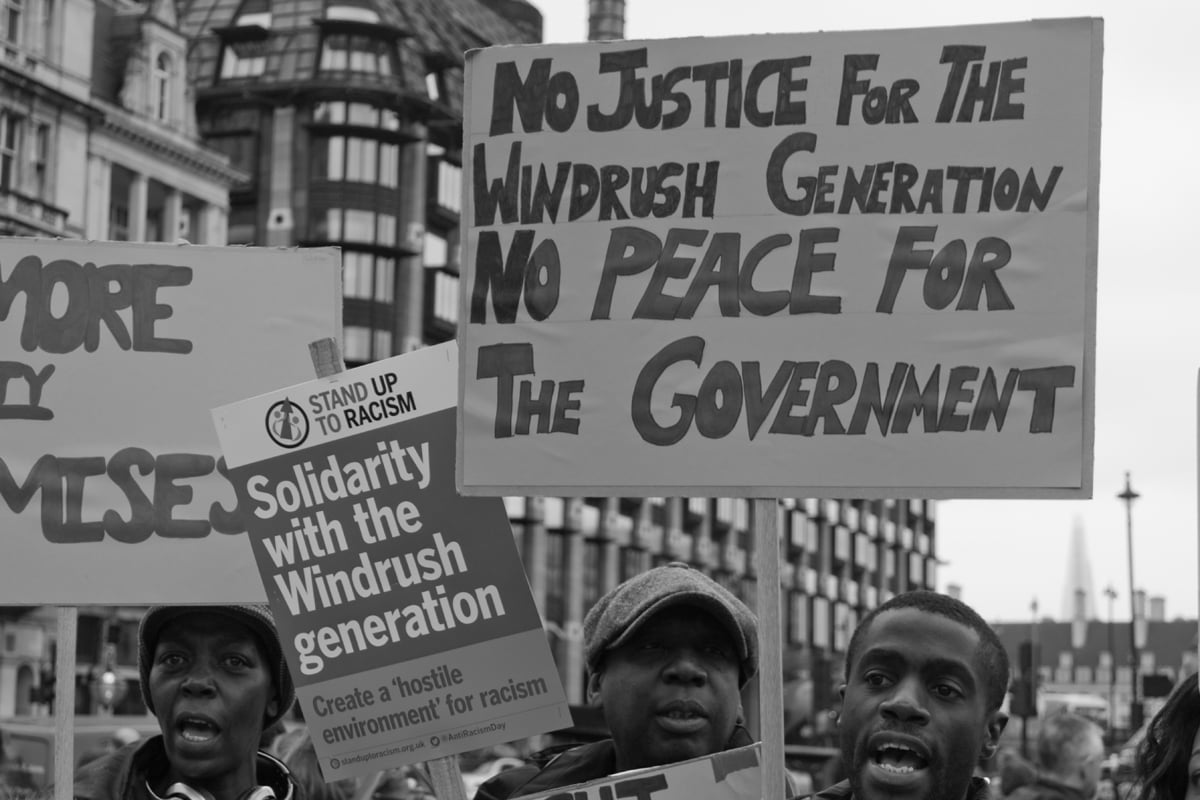
Liberals customarily treat ethnic minorities as passive victims of their oppression. But this is a pernicious lie, which in fact reflects the impotence of these liberals, who are only capable of opposing injustice with words.
The children of the first wave of Windrush immigrants grew up in poverty, watching their parents demeaned, and suffering racism themselves at school. The dreams of their parents of a better life in the metropole had been put to the test in Britain, and did not survive contact with reality.
It was only a matter of time before all the accumulated rage and resentment would lead to a fightback. Inspired by the US Civil Rights Movement, a British Black Power movement emerged, led by young black students and workers bursting with anger.
The echo that the movement gained was reflected in the vile way that the Tories responded. Enoch Powell’s ‘Rivers of Blood’ speech in 1968 typified the hysterical pitch of scaremongering that the ruling class’ representatives used to keep the working class divided.
The 1971 Immigration Act ended the permanent right to remain for Commonwealth citizens, and soon demonstrated that as quickly as rights can be gained under capitalism, they can be taken away.
Social chauvinism
Many examples can be pointed to – such as the 1976-77 Grunwick strike – of how black and Asian workers fought and won against their bosses’ racism and exploitation.
The class methods adopted by the workers, then as now, are the only surefire way of cutting across the bosses’ divide-and-rule tactics.
What is of note, however, is the shameful role of the reformist trade union leadership, who only ever meekly attempted to support these struggles.
Most trade union leaders saw no need to wage a struggle against racism on behalf of ethnic minorities. In truth, many of them had swallowed up the reactionary anti-migrant propaganda.
They believed in the reactionary propaganda of the bosses: that these workers were undermining the jobs of ‘native’ workers; so why should their pay, conditions or rights be defended?
This poison of social chauvinism still finds a mouthpiece at the top of the ‘Labour’ Party today, which only serves to undermine the basis for unified class struggle against the rotten capitalist system.
The labour movement today must ensure that it does not repeat the lamentable mistakes of the past. This means struggling against each and every injustice carried out by the capitalists against the oppressed and exploited.
Scandal
Even though the 1971 Immigration Act gave the Windrush generation the right to remain in Britain, those fragile rights have been shattered in what became the notorious ‘Windrush scandal’.

Under the Tories’ ‘hostile environment’, thousands were denied healthcare, pensions, and jobs. Some were even illegally deported, detained, or refused re-entry into Britain. Astonishingly, the documents proving their legal status were destroyed by the Home Office itself.
When the scandal’s details broke in 2018, Home Secretary Amber Rudd resigned. But calls to review the Tory hostile environment policy were rebuffed by none other than its instigator, then-PM Theresa May, who initially refused to even meet with Caribbean leaders over the affair.
Eventually, the Tory government was forced to make a U-turn and launched a compensation scheme for those affected. But as the National Audit Office found, this limited itself in scope to just 11,800 people from twelve Caribbean countries, excluding a further 160,000 from other Commonwealth countries.
This scandal was clearly decades in the making. It was never simply a case of ‘administrative errors’ or ‘bad decision-making’, but the logical consequence of the insatiable drive for profits of the racist ruling class, who only ever tolerate migration when it serves their narrow interests.
The Windrush scandal is just one of countless examples bringing into sharp relief the injustices carried out against those wrung out and discarded by the capitalists.
Contradictions
As the saying goes, the more things change, the more they stay the same. Black and Asian workers are more likely to be exploited at work, discriminated against by the police, live in poor housing, and are in effect relegated to the status of second-class citizens.
This everyday oppression led to the magnificent BLM movement crashing down on the shores of Britain in 2020. The last words of George Floyd – ‘I can’t breathe’ – struck a chord with black and ethnic minorities in the UK, who remain demonised and repressed, years after formal equalities before the law have been won.
As the crisis deepens, the contradictions of capitalism only intensify. Ironically, British employers are once again having to rely more on migrants to fill labour shortages.
Furthermore, the Tories current fad – the war on small boats – will not stem the tide or solve the migrant crisis, as it purports to do. This is a direct result of the capitalist system that they defend; a system responsible for the wars, poverty, and climate catastrophe that is leading to an exodus of Biblical proportions.
Simply put, the problems caused by capitalism cannot be solved by capitalism.
Class struggle

As Marxists, we stand for uniting workers across borders, in defence of conditions, against cuts, and for socialist revolution. Free movement and the right to remain are basic freedoms, which must be defended.
The capitalists exploit migrant workers in a brutal fashion. And ‘native’ workers also suffer as a result of the ruling class’ reactionary divide-and-rule tactics, which only leads to a race to the bottom in terms of wages and conditions.
Windrush demonstrated how, under capitalism, racism is cynically used to divide the working class, in order to maintain the dominance of the ruling class.
Workers of every race, religion, and nation therefore have a common class interest in uniting against the bosses.
The task of the labour movement is to bring this class question to the fore, by organising all workers – regardless of their birthplace or background – and fighting for a bold socialist alternative.
British capitalism was built precisely on the bones of slave labour. And it lives on thanks to the continued exploitation and oppression of migrants and minorities.
As Malcolm X famously asserted: “You can’t have capitalism without racism.”
In the final analysis, the only way to eradicate racism and exploitation is by tackling the system that breeds it: capitalism.
Only the whole working class – united and armed with a clear socialist programme – can overthrow this rotten system once and for all.
We say: Bring down the borders! Overthrow capitalism! Fight for international socialist revolution!

